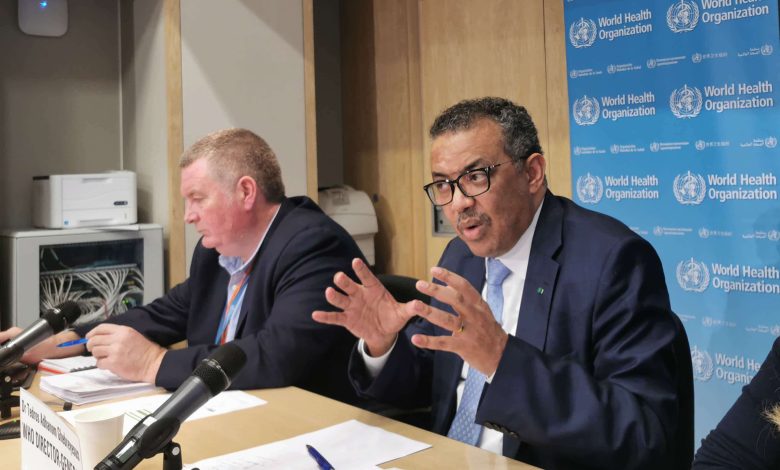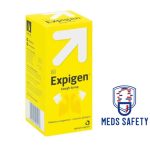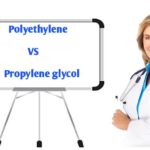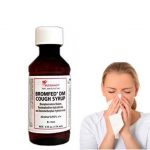Toxic Cough Syrups Kill 300 Infants Sparks Investigation By WHO

In a recent report, the World Health Organization (WHO) has revealed an alarming global threat posed by toxic cough syrups that have led to the deaths of over 300 infants on three continents. WHO officials have warned that tainted children’s medicines could still be in circulation for several years, and the organization is now collaborating with six more countries to track these potentially deadly drugs.
The WHO has already identified nine countries where contaminated syrups may have been sold. Rutendo Kuwana, the WHO team lead for incidents involving substandard and falsified medicines, emphasized that this is an ongoing risk as adulterated barrels of the essential ingredient, propylene glycol, might still be present in warehouses. Both cough syrups and propylene glycol have shelf-lives of approximately two years.
Pharmaceutical manufacturing experts revealed that unscrupulous actors sometimes substitute propylene glycol with cheaper, toxic alternatives like ethylene glycol and diethylene glycol, which are typically used in brake fluid and other non-consumable products. The WHO suspects that, in 2021, suppliers may have mixed these cheaper alternatives with legitimate chemicals when propylene glycol prices surged. However, tracing the suppliers has proven difficult due to obscure supply chains.
The WHO has issued safety alerts for products from various countries, including India, Gambia, Uzbekistan, Micronesia, the Marshall Islands, and Indonesia. Several pharmaceutical manufacturers allegedly involved in producing tainted syrups have faced license revocations. However, some manufacturers, like PT Konimex, claim to have recalled contaminated products and received clearance to sell new batches.
Additional countries named by the WHO in its investigation include Timor Leste, Cambodia, Senegal, and the Philippines. While there is currently no risk to the populations in these countries, the WHO is closely monitoring the situation.
Recently, Liberia and Cameroon have also reported potential contamination cases. Liberia, lacking testing facilities, sought assistance from the Nigerian regulator in examining paracetamol syrups sold in its market. Cameroon’s health regulator is investigating six deaths linked to a cough syrup branded as Naturcold, bought from unauthorized sources.
The WHO has offered support to countries with limited resources to test their medicines and has urged all nations to enhance surveillance. It should be noted that giving cough syrups to children under 5 has been discouraged by the WHO since 2001 due to limited evidence of their effectiveness and possible side effects.
While the situation remains concerning, the WHO encourages countries to take proactive measures, as many have done, to prevent further harm and ensure the safety of their citizens.





